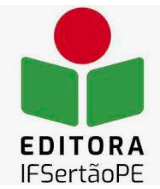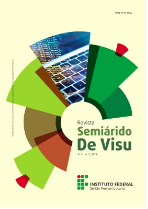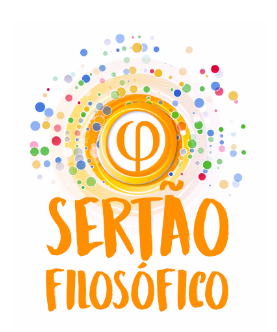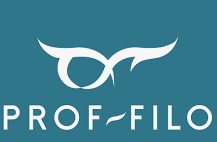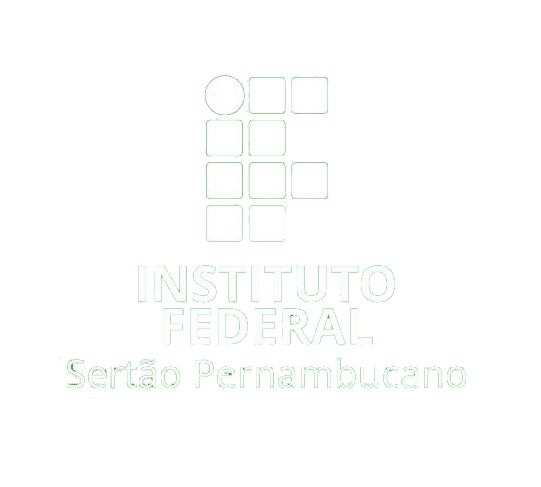SCHÖNBERG, PIERROT LUNAIRE AND ADORNO
DOI:
https://doi.org/10.31416/cacto.v2i1.351Keywords:
Aesthetics, Philosophy of music, Atonal music, Critical theoryAbstract
The present article intends to analyze the musical production of the composer Arnold Schönberg, particularly his Pierrot lunaire, op.21, from 1912, using the philosophy and aesthetic theory of the philosopher Theodor Adorno. They both were composers and musical theorists, Schönberg having had a great influence on Adorno – who wrote a great deal about his work and regarded it in the highest praise –, particularly in his musical writings and the Aesthetic theory. We do not aim to show the entire influence and connection between Schönberg and Adorno, but only some aspects based on the referenced bibliography, highlighting Adorno’s analysis on the social division of labor in capitalist society and how Schönberg’s music subverts it and place the listeners in an active relation. For this purpose, we saw as necessary to do an overview of the great transformations in the history of music contemporary to the viennese composer, from his precursors in the development of atonal language in the later half of the XIX century to the work of Schönberg himself and his pupils in the XX century.
References
ADORNO, Theodor. A arte e as artes. In: A arte e as artes: primeira introdução à teoria estética. Trad. Rodrigo Duarte. 2 ed. Rio de Janeiro: Bazar do Tempo, 2018.
ADORNO, Theodor. Arnold Schoenberg (1874-1951). In: Prismas. Trad. Augustin Wernet, Jorge Mattos Brito de Almeida. São Paulo: Editora Ática, 1998.
ADORNO, Theodor. Filosofia da nova música. Trad. Magda França. 3. Ed. São Paulo: Perspectiva, 2011.
ADORNO, Theodor. Tempo livre. In: Indústria cultural e sociedade. Trad. Julia Elisabeth Levy... [et. al.]. 8 ed. São Paulo: Paz e Terra, 2014.
CAMPOS, Augusto de. Pierrot, Pierrôs. In: Música de Invenção. São Paulo: Perspectiva, 2007.
MACDONALD, Malcolm. Schoenberg. (Master musicians series). New York: Oxford University Press, 2008.
ROSS, Alex. O resto é ruído: escutando o século XX. Trad. Claudio Carina e Ivan Weisz Kuck. São Paulo: Companhia das Letras, 2009.
SAFATLE, Vladimir. Destituição subjetiva e dissolução do eu na obra de John Cage. In: RIVERA, T.; SAFATLE, V. Sobre Arte e Psicanálise. São Paulo: Escuta. 2006, p. 163-196. Disponível em: <https://www.oocities.org/vladimirsafatle/vladi086.htm> Acesso em: 13 nov. 2019.
SOCHA, Eduardo. Sismogramas do choque: considerações sobre o choque em "Teoria da vanguarda", de Peter Bürger, e em "Filosofia da nova música", de Theodor W. Adorno. Kriterion, Belo Horizonte, nº 129, Jun./2014, p.133-152. Disponível em: <https://pdfs.semanticscholar.org/e190/aecc02dd2f8954148c463bc42bb2c1393f26.pdf?_ga=2.98610846.1081890594.1573686218-1791011173.1572928469> Acesso em: 13 nov. 2019.
SWAFFORD, Jan. The Vintage guide to classical music. New York: Vintage Books, a division of Random House, Inc., 1992.
THOMSON, Alex. Compreender Adorno. Trad. Rogério Bettoni. Petrópolis, RJ: Vozes, 2010.








